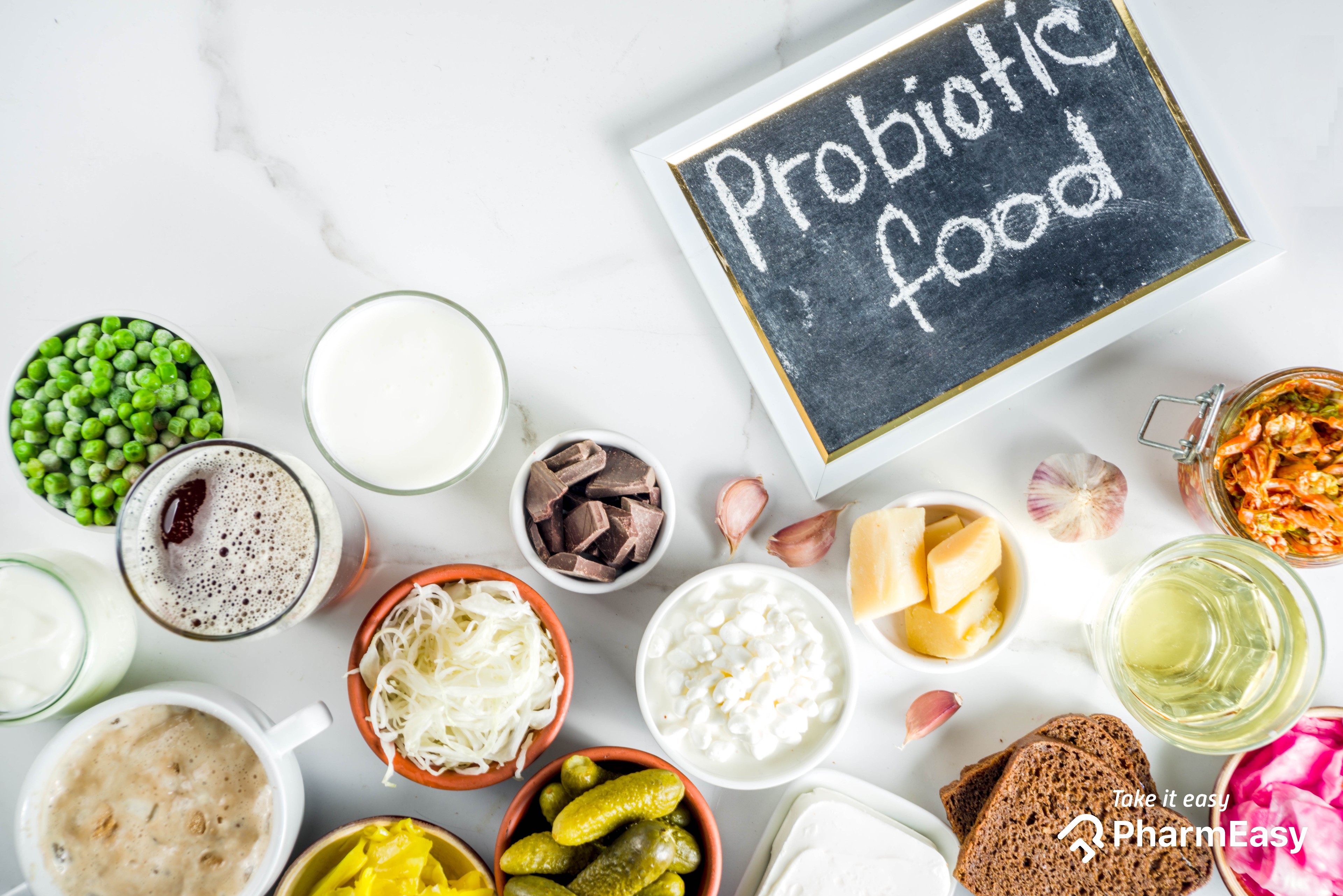
Much research is going into probiotics and how they impact your immune system. Probiotics generally balance the gut microbiome, strengthen intestinal barrier function, stimulate immune cells, and ward off pathogens.
This balancing act of friend and foe naturally occurs in your gut, but you can help it by adding more good bacteria to your diet. Here are a few ways you can do that:
Supports the Immune System
Your immune system has two components, the innate and the adaptive. The innate immune system includes the body’s ‘first line of defense,’ the physical barriers that prevent undesirable microorganisms and allergens from entering your bloodstream.
Natural probiotics may help support the innate immune system by providing specific molecular warning signals to white blood cells. They may also secrete compounds that bind to and block pathogens, including their toxins.
They may also influence the gut microbiota composition associated with immune responses. For instance, some probiotic strains have been shown to reduce intestinal permeability (‘leaky gut’), such as Lactobacillus paracasei and Saccharomyces boulardii.
However, it’s important to note that more research is needed before we know if probiotics can protect against allergies or the common cold and flu. That’s because every person’s bacteria is unique, and what works for one might not work for another.
Helps with Digestive Issues
A probiotic is a live microorganism, usually a bacteria, that can improve gut health and boost the immune system. Probiotics, found naturally in the body, gut, and some foods, are also available as supplements. Probiotics can help reduce inflammation, support the gastrointestinal tract, and promote healthy digestion. Some strains, such as acidophilus and bifidobacterium, are found in yogurt with active cultures, buttermilk, kefir, miso, tempeh, and other fermented foods such as pickles, kimchi, sourdough bread, and some wines and vinegar.
When probiotics are taken regularly, they can replenish the beneficial bacteria in the intestine. This can help with digestive issues, such as constipation and diarrhea. It can also improve bowel conditions associated with inflammatory bowel diseases, such as Crohn’s disease.
Helps with Weight Loss
Probiotics help with weight loss by boosting your metabolism and increasing thermogenesis. This means they boost your body’s ability to extract energy from fat and sugar, burning calories. However, this effect will only work if you eat well and exercise regularly.
Probiotics are also able to boost the function of your innate immune system. This is the first line of defense in your gut, which helps to prevent harmful microorganisms from entering the bloodstream. They also increase the bactericidal activity of phagocytes and dendritic cells.
In addition, probiotics can help to improve your digestion if you are lactose intolerant. The lactobacillus bacteria in fermented foods such as kefir and yogurt can break down the milk protein, making it easier for those with milk intolerances to digest.
Helps with Allergies
Probiotics help to restore the natural balance of bacteria in your digestive system. Illness, antibiotics, poor diet, or stress can throw this off. It can lead to many problems, including digestive issues, allergies, and immune system problems.
A study found that certain probiotics can ease allergy symptoms. Specifically, the researchers found that people with birch pollen allergies experienced less itchy nose and eye irritation when they took probiotics containing the bacteria Lactobacillus paracasei-33. They also reported improved quality of life.
Another study found that probiotics could prevent two dangerous conditions in newborn babies: necrotizing enterocolitis (NEC) and neonatal sepsis. The bacteria helped protect the intestines from infection and lowered inflammation levels in these vulnerable infants.
Probiotics can be found in fermented foods like kefir, miso, tempeh, kimchi and sauerkraut. They can also be found in some yogurts and milk drinks – make sure they aren’t pasteurized, as this destroys the beneficial bacteria. You can find them in supplements, too. Some brands are more effective than others. Omni-Biotic Balance is a great option, backed by years of research and clinical trials.
Helps with Inflammation
Probiotic bacteria have been shown to protect against inflammation. One example is the probiotic Bacillus case, which reduces inflammatory markers by stimulating natural killer cells and inhibiting secretory inflammation in healthy adults. Probiotics also promote a more balanced immune response by displacing pathogens and encouraging the release of anti-inflammatory cytokines.
Another way probiotics help with inflammation is by reducing the symptoms of digestive disorders. This includes gas and bloating, which imbalances in gut bacteria, yeast overgrowth, or food intolerances can cause.
Studies have found that probiotics have benefits beyond digestion, as they can help to improve the ‘gut-brain axis.’ This is the direct connection between your brain and your intestine, and it has been found that gut bacteria can influence how you think and feel.
Many types of probiotics can help with inflammation, but not all strains are effective at the same time. This is because different strains work on different people differently. More research needs to be done to determine the best probiotic for inflammation, but supplements that contain the bacteria Lactobacillus, Bifidobacterium, and Saccharomyces boulardii are helpful.
